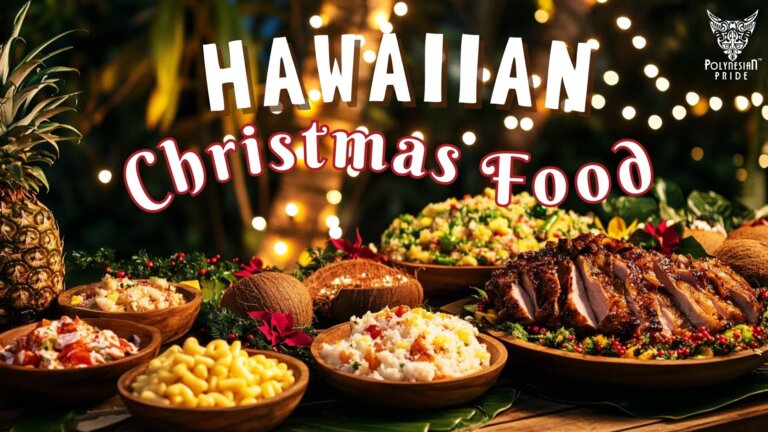What is Waitangi Day in New Zealand? Uncover Its Rich Legacy

New Zealand is famous for its breathtaking landscapes and vibrant indigenous culture, with Waitangi Day being one of its most significant events. But what is Waitangi Day in New Zealand, and why is it essential for Kiwi people? This article will uncover everything you need to know – join us as we explore this iconic national day!
What Is Waitangi Day in New Zealand? An Overview
- Date: Celebrated annually on February 6.
- Purpose: Commemorates the signing of the Treaty of Waitangi (Te Tiriti o Waitangi) in 1840, a pivotal moment in New Zealand’s history.
- Cultural Significance: Represents the partnership between the Māori and the British Crown, symbolizing unity and the nation’s foundation.
- Observances: Includes ceremonies, cultural performances, community events, and reflections on the Treaty’s legacy.
- Historical Impact: A reminder of the promises and challenges in upholding the Treaty’s principles.
To fully understand the importance of Waitangi Day, it’s essential to explore its historical roots and the pivotal events of 1840.

How did the Treaty of Waitangi shape New Zealand?
The Treaty of Waitangi, signed on February 6, 1840, represents a pivotal moment in New Zealand’s history. This agreement has shaped the relationship between Māori and the British Crown, influencing the nation’s legal, cultural, and social fabric.
The Signing of the Treaty of Waitangi
On February 6, 1840, the Treaty of Waitangi was signed in Waitangi by representatives from the British Crown and over 40 rangatira (chiefs). This landmark event established British sovereignty and acknowledged Māori’s rights to their land, culture, and governance.
The Treaty consists of two versions: one in English and another in Māori. However, these documents differ significantly, leading to various interpretations and debates about their meanings. While the English text emphasizes the transfer of sovereignty, the Māori version promises protection of Māori authority. This disparity laid the groundwork for ongoing disputes regarding the Treaty’s implementation.


The Role of British Representatives and Māori Chiefs
The signing involved key figures such as Captain William Hobson, who represented the British Crown, and prominent Māori chiefs like Hone Heke and Tamati Waka Nene. Their roles in negotiating the Treaty are commemorated during Waitangi Day observances, which honor the complexities of this partnership and the historical challenges it represents.
Impact of the Treaty on New Zealand’s History
The impact of the Treaty of Waitangi resonated throughout New Zealand’s history. It laid the groundwork for a dual legal system and intertwined Māori and British cultures. However, the failure to uphold the Treaty’s principles led to widespread dispossession and marginalization of Māori people.
In hindsight, the Treaty serves as both a beacon of hope for collaboration and a stark reminder of the injustices faced by Indigenous populations. As New Zealanders navigate their identity today, understanding the Treaty’s history is crucial to addressing contemporary issues surrounding Māori rights, land ownership, and cultural preservation.
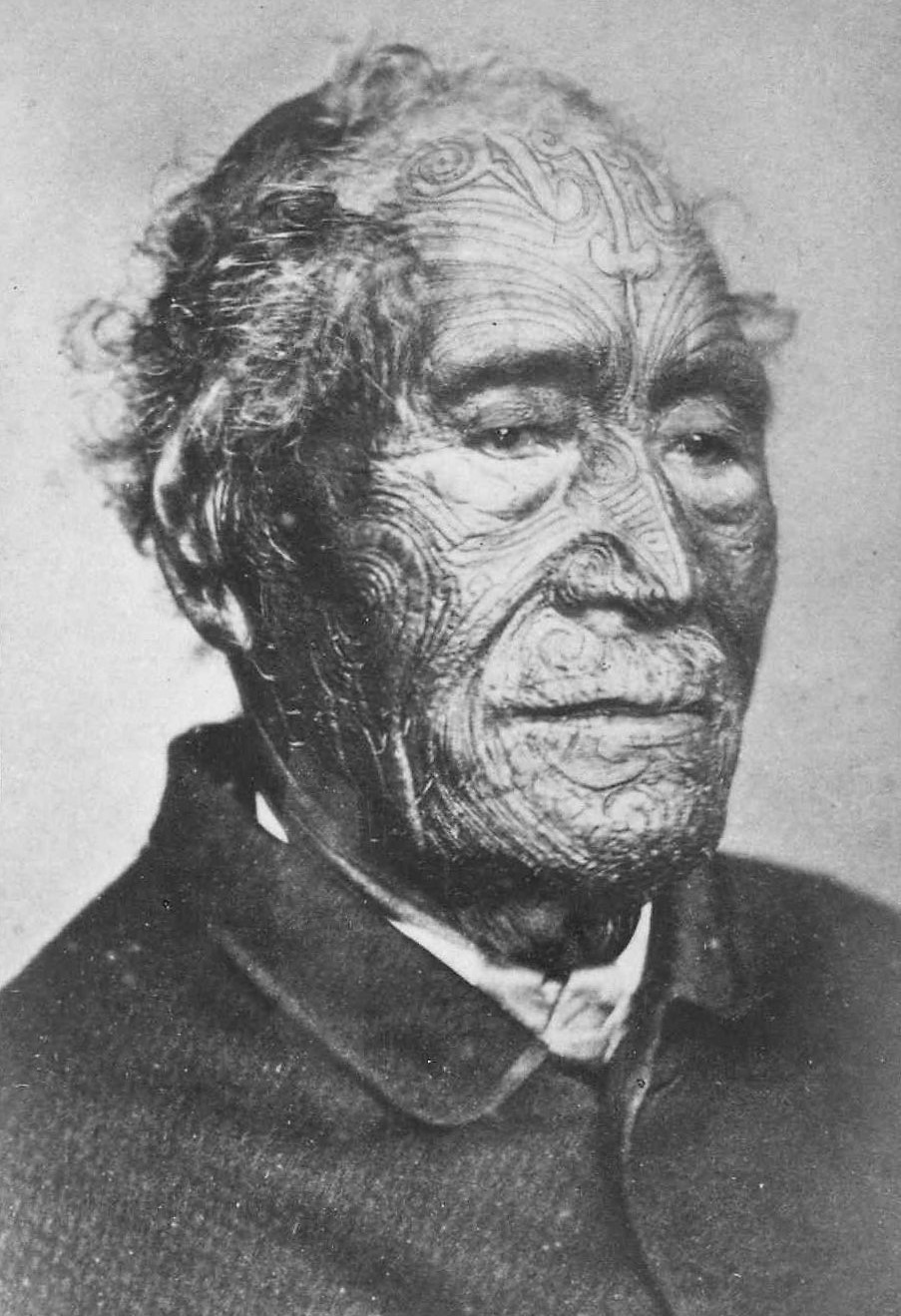
Legacy of the Treaty of Waitangi
The Treaty of Waitangi is a cornerstone of New Zealand’s history, establishing governance and a partnership between Māori and the Crown. Its legacy shapes the nation’s identity, legal system, and cultural development.
The Treaty’s Historical Importance
The Treaty of Waitangi formalized the relationship between Māori and the Crown, laying the groundwork for New Zealand’s bicultural identity. While its original intent was to ensure mutual respect and cooperation, disparities between the Māori and English versions created tensions that resonate today.
Long-Lasting Impact
Despite historical breaches, the Treaty remains a cornerstone of New Zealand’s governance and cultural discourse. Its principles guide efforts to address land rights, cultural preservation, and equity, ensuring its relevance across generations.
The Treaty’s legacy is not just historical – it continues to shape the conversations, challenges, and celebrations that define what Waitangi Day in New Zealand means today.

Evolution of Waitangi Day Celebrations
The observance of Waitangi Day has transformed significantly over the decades, evolving from a formal occasion to a dynamic celebration that reflects New Zealand’s diverse cultural perspectives and historical complexities.
The First Commemoration in 1934
Governor-General Lord Bledisloe initiated the inaugural Waitangi Day celebration, marking a milestone in recognizing the Treaty’s importance. Held at the Waitangi Treaty Grounds, this historic event drew approximately 10,000 Māori attendees. It featured speeches, kapa haka performances, and community gatherings, and it laid the foundation for future observances.

Waitangi Day Act and Recognition as a National Holiday
The Waitangi Day Act 1960 officially designated February 6th as a national Thanksgiving day, allowing regions to substitute it with local holidays. In 1973, the government renamed it “New Zealand Day” to foster a sense of national unity. However, this move faced criticism, particularly from Māori communities who felt it diminished the Treaty’s significance.
In 1976, the name reverted to Waitangi Day, cementing its place as a public holiday that celebrates the nation’s unique identity while addressing the historical complexities surrounding the Treaty.
Modern Observances and Multiculturalism
Waitangi Day blends tradition and modernity today, celebrating Māori heritage and New Zealand’s multicultural identity. Events at the Waitangi Treaty Grounds remain central, including the solemn dawn service, kapa haka performances, and educational initiatives. Across the nation, local communities host festivals, parades, and discussions, fostering reflection, unity, and a deeper understanding of the Treaty’s legacy.
National Conversations on Reconciliation
Waitangi Day has also become a platform for addressing challenges related to Māori land rights, cultural preservation, and the Treaty’s implementation. It encourages New Zealanders to engage deeply with their national identity and participate in meaningful conversations about equity, reconciliation, and collective futures.

Contemporary Significance of Waitangi Day
The Treaty of Waitangi continues to shape Crown-Māori relations, influencing policy-making and societal dynamics in contemporary New Zealand.
Crown – Māori Relations Today
Modern interactions between the Crown and Māori communities reflect their evolving relationship, with Te Arawhiti – the Office for Māori-Crown Relations playing a key role in fostering partnership and co-governance. Te Arawhiti has facilitated treaty settlements, supported cultural revitalization, and strengthened Māori representation in decision-making, building trust and mutual respect.
These efforts highlight why Waitangi Day remains a vital platform for reflection, reconciliation, and discussions about New Zealand’s collective future.

Role of the Waitangi Tribunal
Established in 1975, the Waitangi Tribunal plays a crucial role in investigating and resolving claims made by Māori against the Crown. Aimed at providing clarity and accountability, the Tribunal examines historical grievances within the context of the Treaty. Through its processes, the Tribunal seeks to ensure restitution for breaches and reinforce the principles of the Treaty, contributing to healing and reconciliation efforts.
Treaty Settlements and Legal Implications
Treaty settlements aim to rectify historical grievances, involving negotiations for compensation, land return, and acknowledgment of wrongdoings. These settlements encompass cultural revitalization, economic development, and social empowerment. The legal implications of these settlements extend beyond individual claims, shaping policies and practices within New Zealand’s legal landscape.
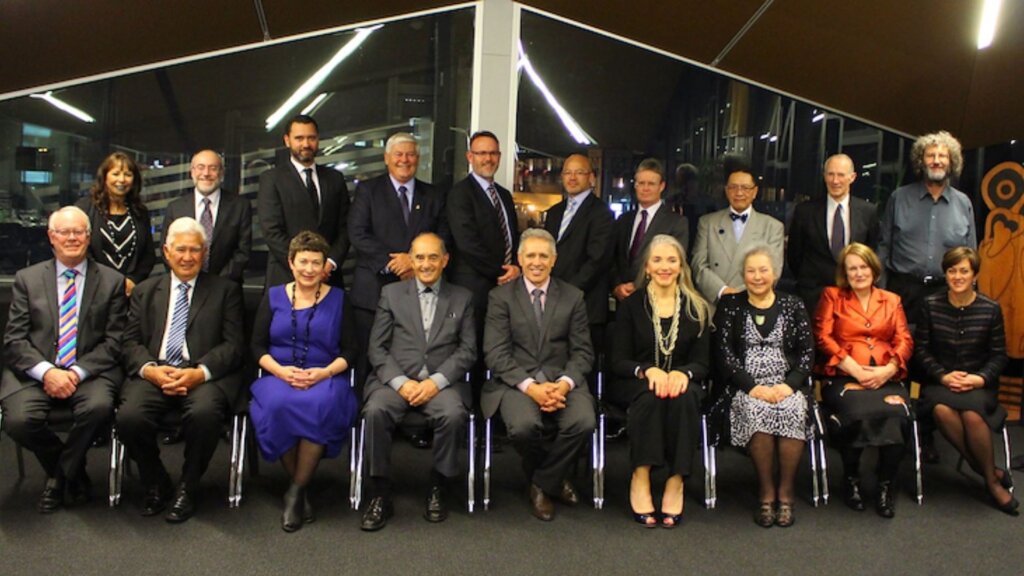
Controversies Surrounding Waitangi Day
Waitangi Day commemorates the signing of the Treaty of Waitangi but often sparks controversy due to ongoing debates about historical injustices and the interpretation of the Treaty.
Dispossession of Māori Lands
After the Treaty was signed, large-scale land confiscations and broken agreements significantly harmed Māori communities. These actions left a lasting sense of injustice, and Māori have continued to seek the return of their land and fair compensation to address these historical wrongs.

Ongoing Debates About Treaty Interpretation
The Treaty of Waitangi remains at the center of discussions regarding its meaning and the obligations it imposes. These differing interpretations influence legislation, governance, and Māori rights, reflecting the dynamic and evolving nature of New Zealand’s constitutional framework.
Protests and Demonstrations
Waitangi Day has often served as a platform for protests, with Māori groups expressing dissatisfaction over the government’s handling of Treaty obligations and ongoing inequalities. These demonstrations emphasize the need for continuous dialogue and equitable partnerships.

Recent Developments: The Treaty Principles Bill
In November 2024, the New Zealand Parliament introduced The Treaty Principles Bill, aiming to define the Treaty’s principles in law. The proposed principles include:
- Civil Government: Affirming the government’s authority to govern all citizens.
- Māori Rights: Protecting hapū and iwi Māori rights as recognized in Treaty settlements.
- Equality Before the Law: Ensuring all individuals have equal legal protections without discrimination.
The bill seeks clarity but has faced criticism, as opponents argue it misinterprets the Treaty and risks undermining Māori rights. Protests, including a hīkoi to Parliament, highlight the depth of Māori concerns. The bill is under review, with public submissions open until early 2025.
These ongoing controversies illustrate the complexities of honoring the Treaty while addressing its historical and contemporary challenges.
Waitangi Day for Visitors: Where to Go and What to Do?
What is Waitangi Day in New Zealand for visitors? It’s a unique chance to explore the country’s cultural heritage, witness historic events, and join nationwide celebrations. Here’s how to make the most of Waitangi Day as a visitor:
1. Visit the Waitangi Treaty Grounds
Why Go? The Waitangi Treaty Grounds, the birthplace of the Treaty of Waitangi, is central to understanding what Waitangi Day in New Zealand truly represents. This iconic site combines history, culture, and celebration.
Must-See Attractions:
- The Te Whare Rūnanga (Carved Meeting House) showcases traditional Māori architecture.
- The Museum of Waitangi houses artifacts and interactive exhibits that delve into the Treaty’s significance.
- Witness a waka taua (war canoe) demonstration – an unforgettable Waitangi Day tradition.
Tips: Arrive early for the Dawn Service to experience a solemn yet powerful start to the day.
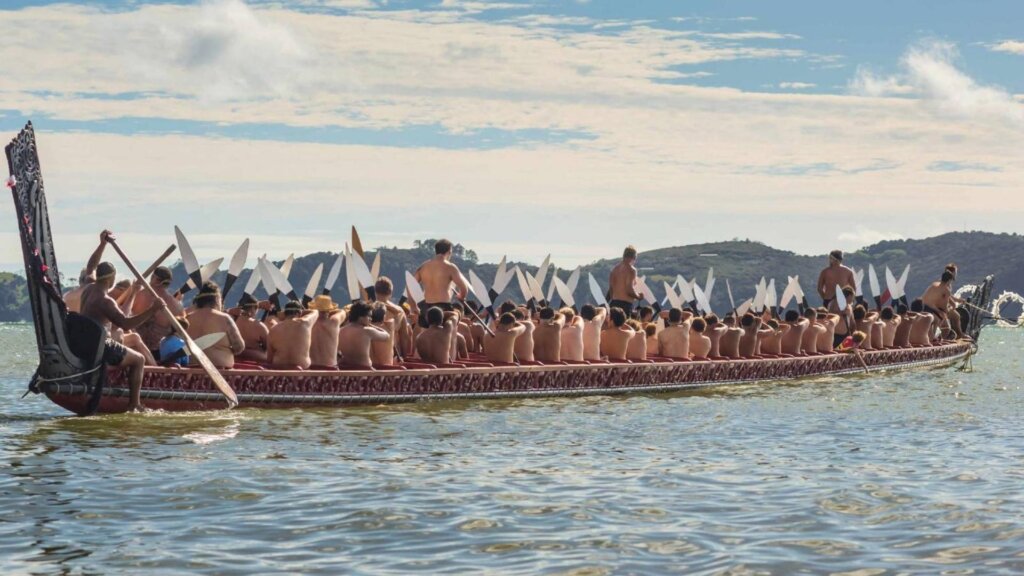
2. Enjoy Cultural Performances and Events
Where?: While the Waitangi Treaty Grounds host the most traditional events, major cities like Auckland and Wellington also have celebrations.
What to Expect?:
- Traditional kapa haka (Māori dance) performances often include traditional New Zealand clothing, adding visual power and cultural depth to each movement.
- Live music and storytelling sessions.
- Artisan markets showcasing Māori crafts and local delicacies.
Tips: Check local schedules to find Waitangi Day events that resonate with you, as they vary across New Zealand.
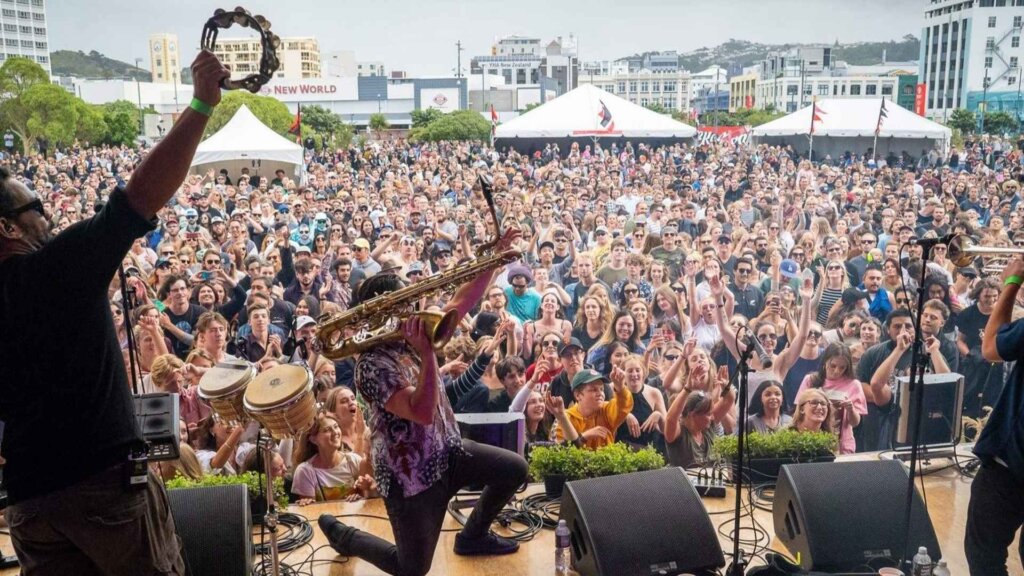
3. Explore Local Marae (Māori Meeting Houses)
Why Go? Visiting the marae offers an intimate way to learn what Waitangi Day in New Zealand means to Māori communities.
What to Do:
- Attend pōwhiri (traditional welcoming ceremonies).
- Experience authentic Māori food and storytelling.
Tips: Respect protocols, such as dressing modestly, and engage with locals to better understand their culture.

4. Attend Community Events and Festivals
Where? Across the country, towns and cities host vibrant community festivals to honor Waitangi Day in New Zealand.
Notable Events:
- Auckland’s Waitangi Ki Manukau Festival blends cultural displays with contemporary music.
- Wellington’s Waitangi Day Festival offers a mix of art, food, and live performances.
Tips: Immerse yourself in these lively celebrations to feel the unity and joy that Waitangi Day inspires.

5. Take a Historical Tour
Why Go? Learning about what Waitangi Day in New Zealand represents is more meaningful when you visit historic sites and museums.
Top Destinations:
- Te Papa Tongarewa in Wellington features extensive exhibits about the Treaty and Māori history.
- Auckland War Memorial Museum provides insights into the cultural and historical significance of Waitangi Day.
Tips: Opt for guided tours to gain expert commentary on the history and importance of the Treaty.

6. Savor Local Cuisine
What to Try: On Waitangi Day in New Zealand, traditional Māori foods like hāngi (earth-cooked meals), rewena bread, and fresh seafood take center stage.
Where to Eat: Food stalls at cultural festivals or restaurants offering indigenous-inspired menus are excellent places to savor these flavors.

Pro Tips for Visitors
- Plan Ahead: If you’re heading to the Bay of Islands, book your accommodations early to secure a spot near the Waitangi Treaty Grounds.
- Respect the Day: While celebrations are joyful, remember that Waitangi Day is deeply significant to New Zealand’s history and Māori culture.
- Engage with Locals: Conversations with New Zealanders can provide unique insights into the meaning and evolving narrative of Waitangi Day.
Exploring Waitangi Day in New Zealand is about attending events and understanding the culture, history, and unity this day represents. By participating in the traditions and festivities, visitors can connect deeply with the spirit of this iconic holiday.

CONCLUSION
What is Waitangi Day in New Zealand? It’s more than just a national holiday – it’s a time to reflect on the Treaty of Waitangi’s legacy, celebrate cultural traditions, and foster unity. Whether you attend ceremonies, explore historic sites, or enjoy cultural performances, Waitangi Day offers a unique opportunity to connect with New Zealand’s rich history and vibrant heritage.
Plan your visit to the Waitangi Treaty Grounds or participate in local events to experience this meaningful day firsthand. Explore, learn, and celebrate the spirit of Waitangi Day!
FAQs about What is Waitangi Day in New Zealand
What is Waitangi Day in New Zealand?
Waitangi Day is a national holiday observed on February 6 each year. It marks the signing of the Treaty of Waitangi in 1840, a historic agreement between Māori chiefs and the British Crown, symbolizing the foundation of New Zealand as a nation.
When was Waitangi Day first celebrated?
The first official Waitangi Day celebration took place in 1934. Governor-General Lord Bledisloe initiated it by gifting the Treaty House and grounds to the people of New Zealand as a symbol of the partnership between Māori and the Crown.
Is Waitangi Day a public holiday?
Yes, Waitangi Day has been a public holiday in New Zealand since 1974. It provides an opportunity for reflection, celebration, and participation in cultural and community events.
What is Waitangi Day in New Zealand 2025?
In 2025, Waitangi Day will fall on Thursday, February 6. It will feature nationwide events as a public holiday, including ceremonies at the Waitangi Treaty Grounds, cultural performances, and community celebrations across New Zealand.
What is Waitangi Day in New Zealand celebrated?
On Waitangi Day, Kiwis participate in various activities, such as attending dawn services, kapa haka performances, and local festivals. Many visit the Waitangi Treaty Grounds or engage in family gatherings, reflecting on the Treaty’s legacy and celebrating New Zealand’s cultural heritage.
How do visitors celebrate Waitangi Day?
Visitors can experience Waitangi Day by attending events at the Treaty Grounds, exploring museums, or enjoying cultural performances and local festivals in cities like Auckland or Wellington. It’s an excellent opportunity to learn about New Zealand’s history and immerse yourself in its vibrant culture.

I am a cultural historian and editor with over 10 years of research into pre-contact Polynesian history, the Lapita migration, and oral traditions. Share the excitement of my latest publications.
My contact:
Email: [email protected]
Tel: +64 21 456 7890

